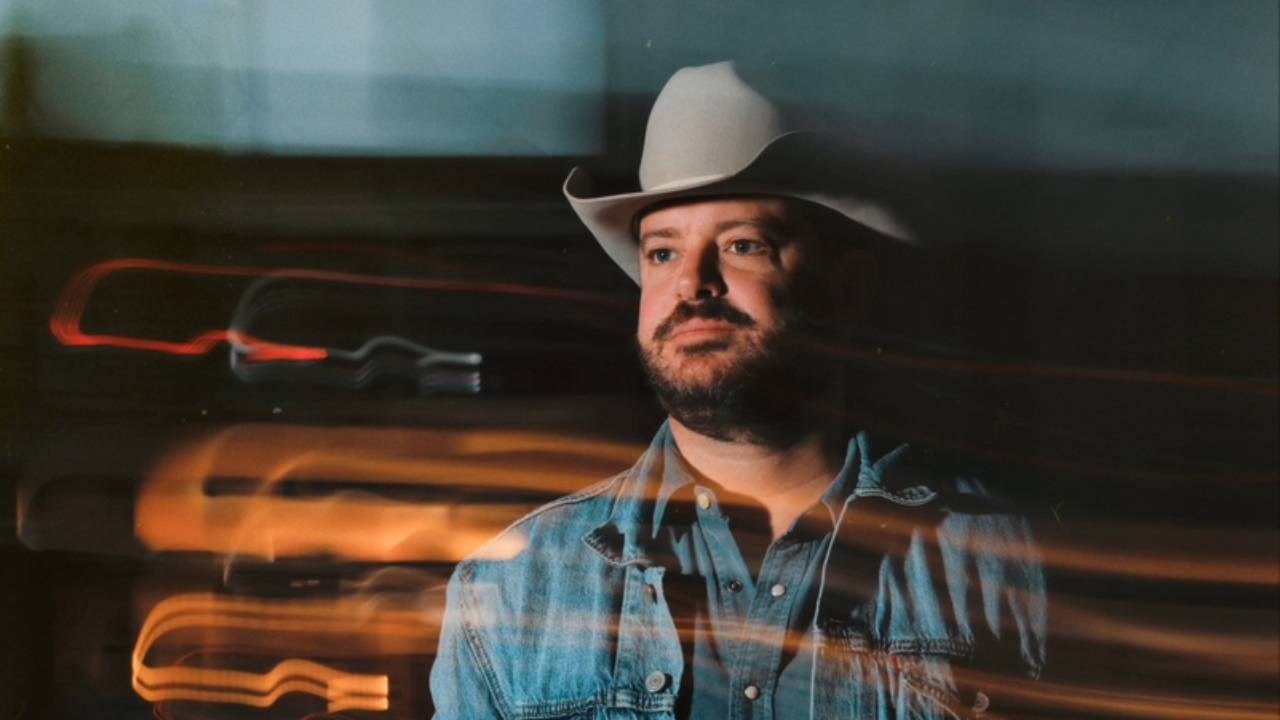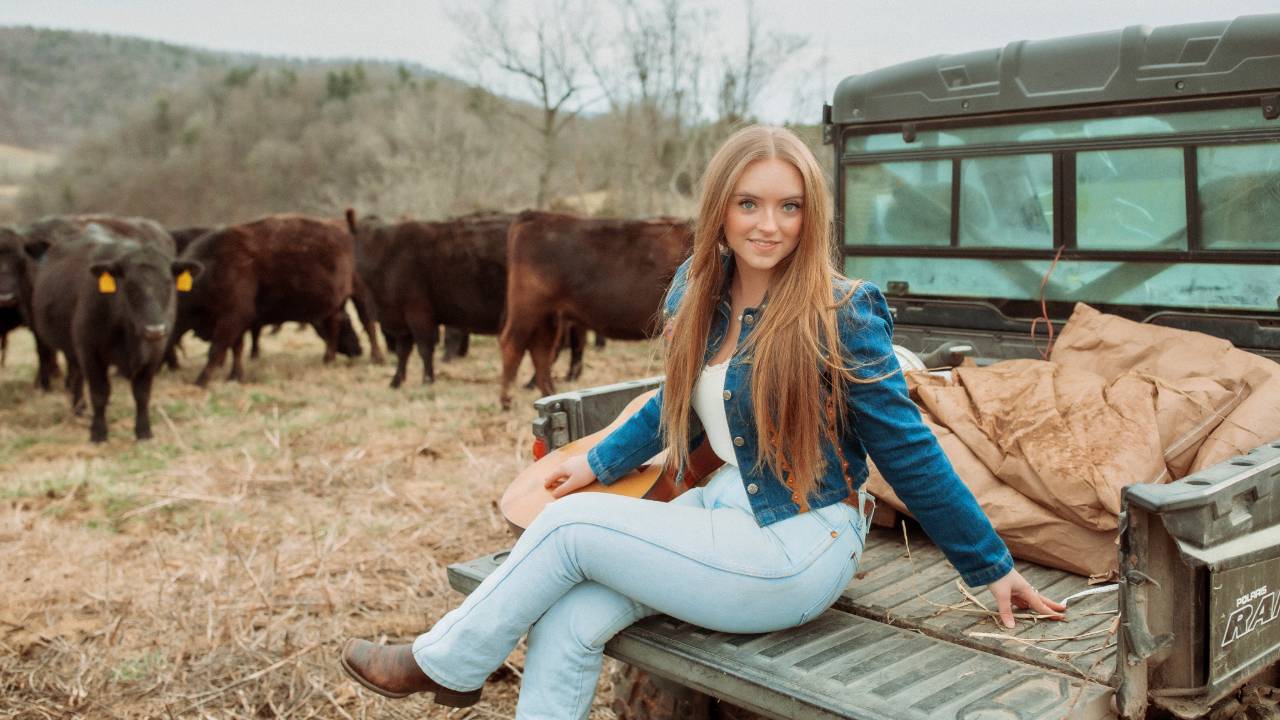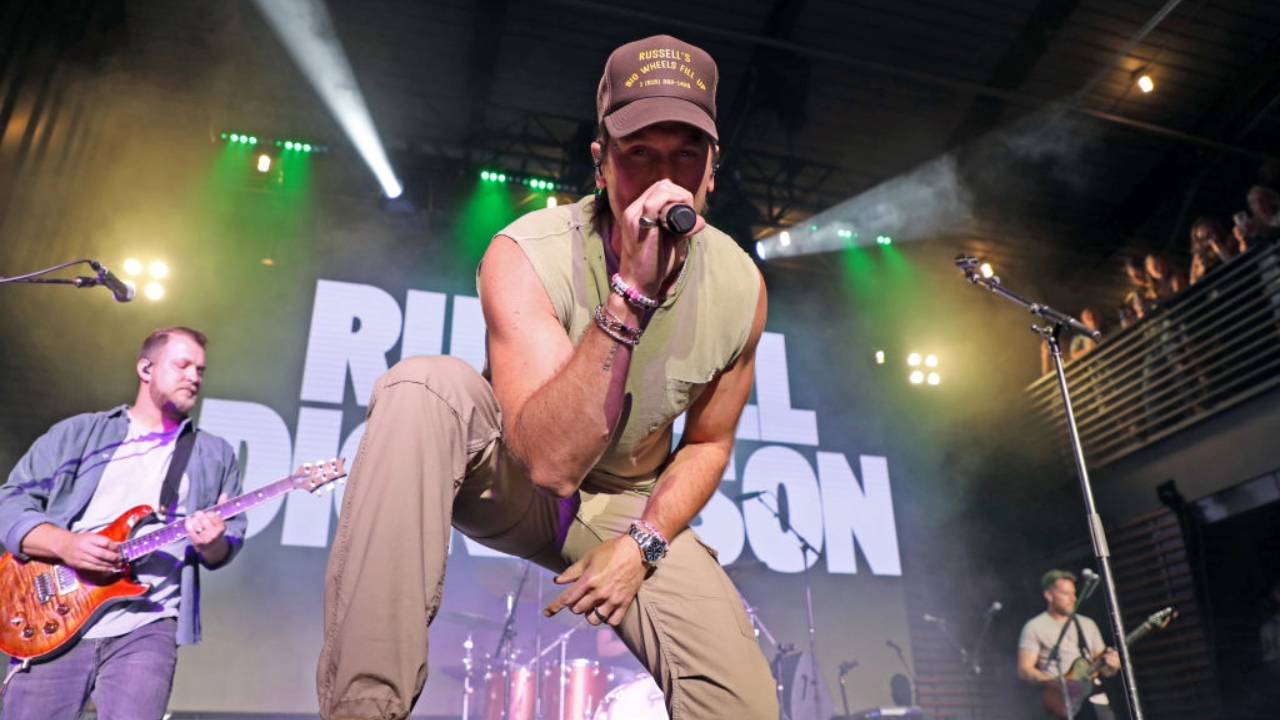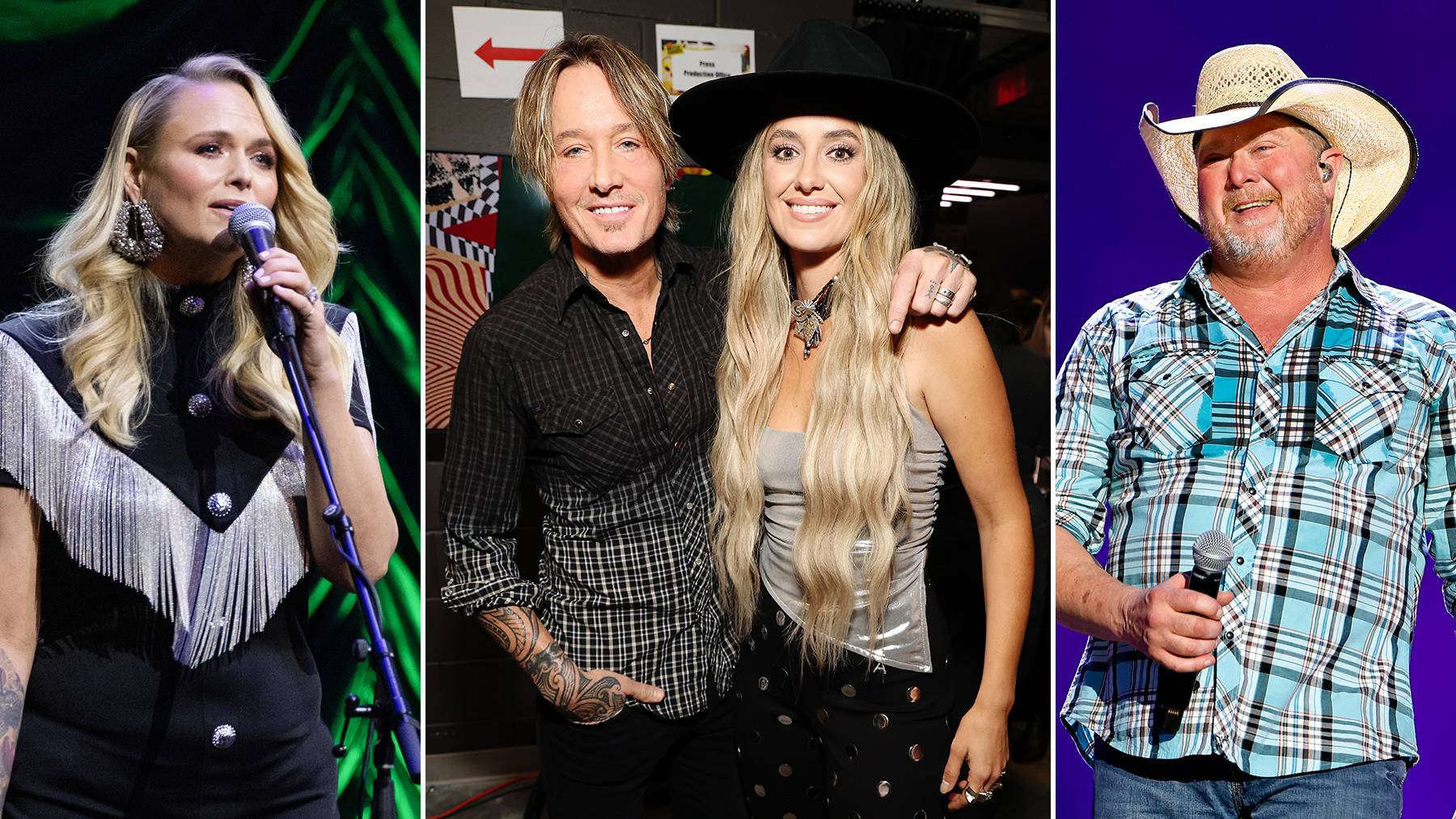Johnny Gimble’s Swing: Former Bob Wills' Fiddler Plays Hall of Fame

The rhythms of Texas swing will vibrate through the new Country Music Hall of Fame and Museum on Saturday (Aug. 18) when fiddle legend Johnny Gimble arrives for a day-long series of music and dance events.
A one-time member of Bob Wills’ famous band, the Texas Playboys, Gimble is also a well-traveled and much-honored veteran of Dallas and Nashville recording studios. His lively fiddle and mandolin licks have rung behind everyone from Lefty Frizzell in the 1950s to George Strait in the 1980s. Now an ambassador for Texas music, Gimble’s return to Music City is in celebration of the new Hall of Fame’s first special exhibit, “Nashville Salutes Texas! Country from the Lone Star State.”
The day’s events will begin with two-step family dance lessons at noon, and at 2 p.m., Gimble will be on hand for a question-and-answer discussion of his music. At 7:30 p.m., his fiddle takes center stage as he and his band, Texas Swing, do just that in concert in the museum’s Conservatory. Closing out the evening will be a late set by Buddy Spicher -- likewise a revered veteran fiddler -- and his Nashville Swing Band.
Asked how he might summarize the spirit of music in his home state, Gimble says, “It’s just Texas. It’s freer.”
Born and raised near Tyler, Texas, Gimble grew up idolizing the western swing pioneer Cliff Bruner, whose band was wildly popular along the Gulf Coast. Gimble remembers as a teenager meeting Bruner and telling the older fiddler he wanted to learn to play “hokum” -- which in 1940s Texas meant jazz. Bruner told him, “If you can hum it, you can play it, if you’ll practice until your fingers do what you think.”
Stationed in Europe with the army in 1945, Gimble says he “got there too late to do any fightin’, so I just fiddled.” He didn’t hear country music on armed forces radio, so instead he got inspired by the big band rhythms of Benny Goodman and Harry James.
“I took Cliff’s advice,” Gimble says. “When I’d hear something that sounded like I could follow it -- most of those big band jazz tunes are blues anyway -- I would hum it and play with the fiddle while I was humming. And I heard Slam Stewart play bass with Benny Goodman, and that’s what he was doing. He was bowing the bass and humming jazz licks. So all of that is what I listened to.”
Gimble’s self-tutoring paid off in 1949 when he was asked if he’d be interested in joining the Texas Playboys. “Would a baseball player want to go with the New York Yankees?” he said. “Would a cow lick Lot’s wife?”
Gimble traveled with the Texas Playboys for three years. He worked Dallas-area sessions in the early 1950s, and he later hosted a country television show out of Waco. In the late 1960s he moved to Nashville to add his formidable swing fiddle to the sound of Music City recordings.
Although he would go on to win the CMA’s instrumentalist of the year award five times, he initially had to overcome what he says was a Nashville bias against western swing. “They had a different idea of what was country and what wasn’t,” he says. “That’s why I was so glad in the late ’70s, I said that Willie Nelson made it legal to play ‘Stardust’ again. … The bands I grew up with always played ‘Stardust.’ You played whatever they asked for.”
Since moving back to Texas, Gimble has devoted more of his time to music education, teaching children much the same sort of lessons about improvisation that Cliff Bruner taught him. “It’s just a real thrill when you’re showing somebody a chord progression or something, and you see that light come on, you know. You see ’em get it,” Gimble says.
Some of his instruction is offered at music camps, but he also has been active with Texas Folklife Resources, which he describes as “a group in Austin that aims to perpetuate and preserve Texas folk music and art. I go stay a week in these little towns that don’t have an art outlet and … go to the schools and play some of the old Texas music, sort of go through the Texas country roots, is what they call it.”
Gimble’s afternoon discussion at the Hall of Fame will be in a similar vein, although he emphasizes the basic informality of the setup. “Mostly, whenever I’m booked to do instruction I just play a little bit and get people to asking questions,” he says. “We’ll play some music for ’em, ‘til somebody hollers out, play ‘Milk Cow Blues,’ or play ‘San Antonio Rose.’ We play requests and demonstrate our music.”
Gimble’s band, Texas Swing, consists of son Dick on bass, son-in-law Joe Bullock on drums, pianist Curly Hollingsworth and guitarist Kenny Frazier. “The piano player, Curly Hollingsworth, I played with in the early ’50s in Dallas,” Gimble says. “And I met the guitar player, Kenny Frazier, when we moved to Waco in ’55. And so we can read each other’s mind, and as long as the songs are old … But I’ve found out that nobody wants to hear me try to sing like Garth Brooks anyway.”
But they do want Gimble to swing, which he’s been doing Texas-style since before he had to measure up to the Wills soloists’ mandate: “Play everything you know.” And that means gliding off the two-beat. Says Gimble, “You can’t swing without a good heavy two-beat, or I can’t.”





